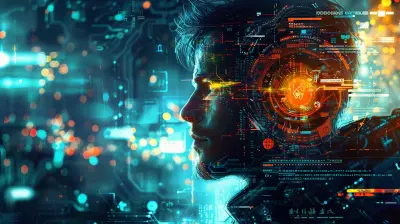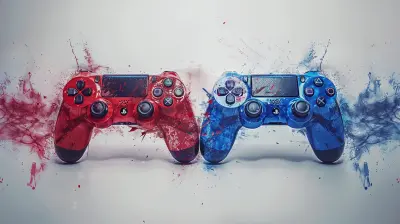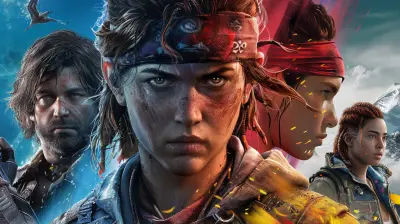How Fantasy Games Change the Way We Think About Heroes
15 July 2025
Have you ever played a fantasy game and found yourself questioning what it truly means to be a hero? Yeah, me too. Fantasy games have this incredible knack for flipping traditional ideas of heroism on their heads. They're not just about saving princesses or slaying dragons anymore. Instead, they challenge us to rethink courage, morality, and what it really takes to be “heroic.” Let’s dive deep into how these games are reshaping the way we see heroes, shall we?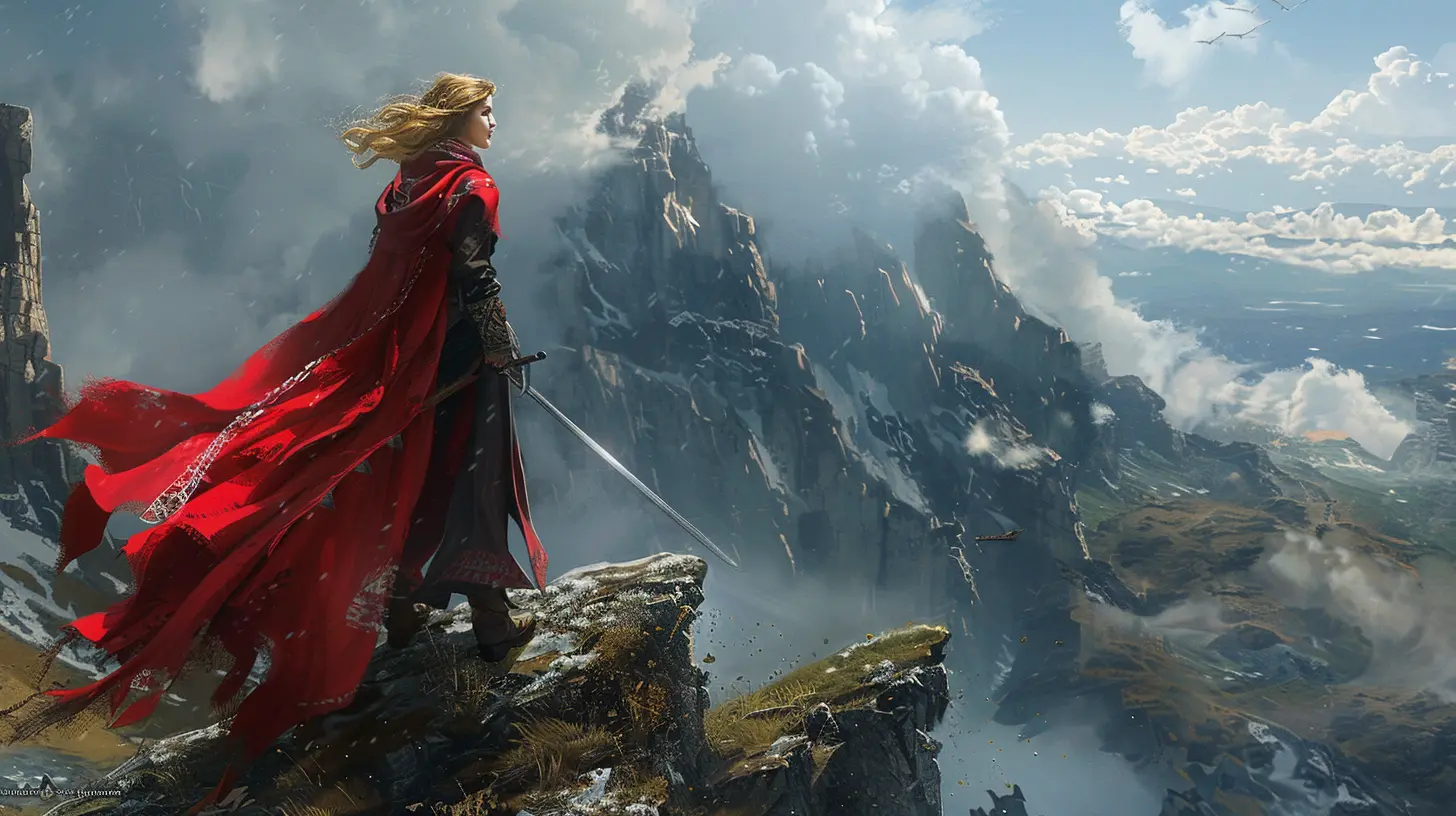
Heroism: Not As Simple As It Used To Be
Back in the day, stories about heroes were straightforward. Think Hercules or King Arthur. They were noble, brave, and pretty much flawless. But modern fantasy games? They’re like, “Hold my potion.” These games have introduced us to heroes who are flawed, morally gray, and sometimes downright anti-heroic. And honestly, it’s refreshing.Take Geralt of Rivia from The Witcher series. He’s not your typical knight in shining armor. He's grumpy, sarcastic, and often caught in moral dilemmas where there’s no clear "right" answer. But that’s what makes him so relatable. He shows us that being a hero doesn’t always mean being perfect. Sometimes it’s about making the tough calls, even when all your options suck.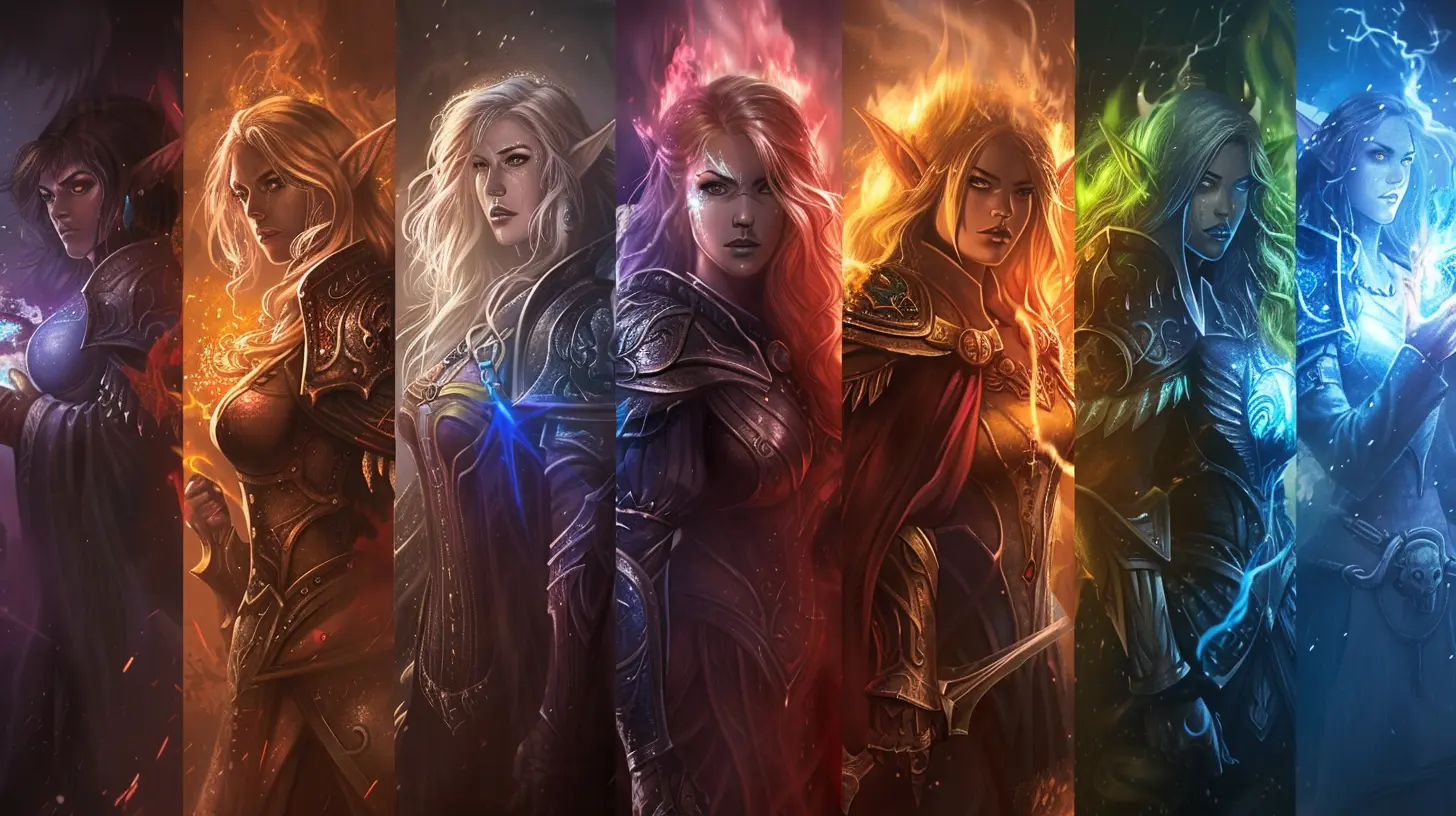
The Role of Choice in Shaping Heroes
One of the coolest things about fantasy games is how they put the power in your hands. You, the player, get to shape the hero’s journey. That’s huge. Games like Mass Effect or Dragon Age let you decide whether to be virtuous, ruthless, or somewhere in between. And let’s admit it, sometimes being a little evil is fun.But here’s the kicker—these choices often come with consequences that make you think. Do you save a village from destruction, knowing it might come back to bite you later? Or do you turn a blind eye to protect yourself? These kinds of moral dilemmas force players to walk a mile in their hero’s boots. It’s a stark reminder that heroism isn't black and white; it's messy, complicated, and deeply personal.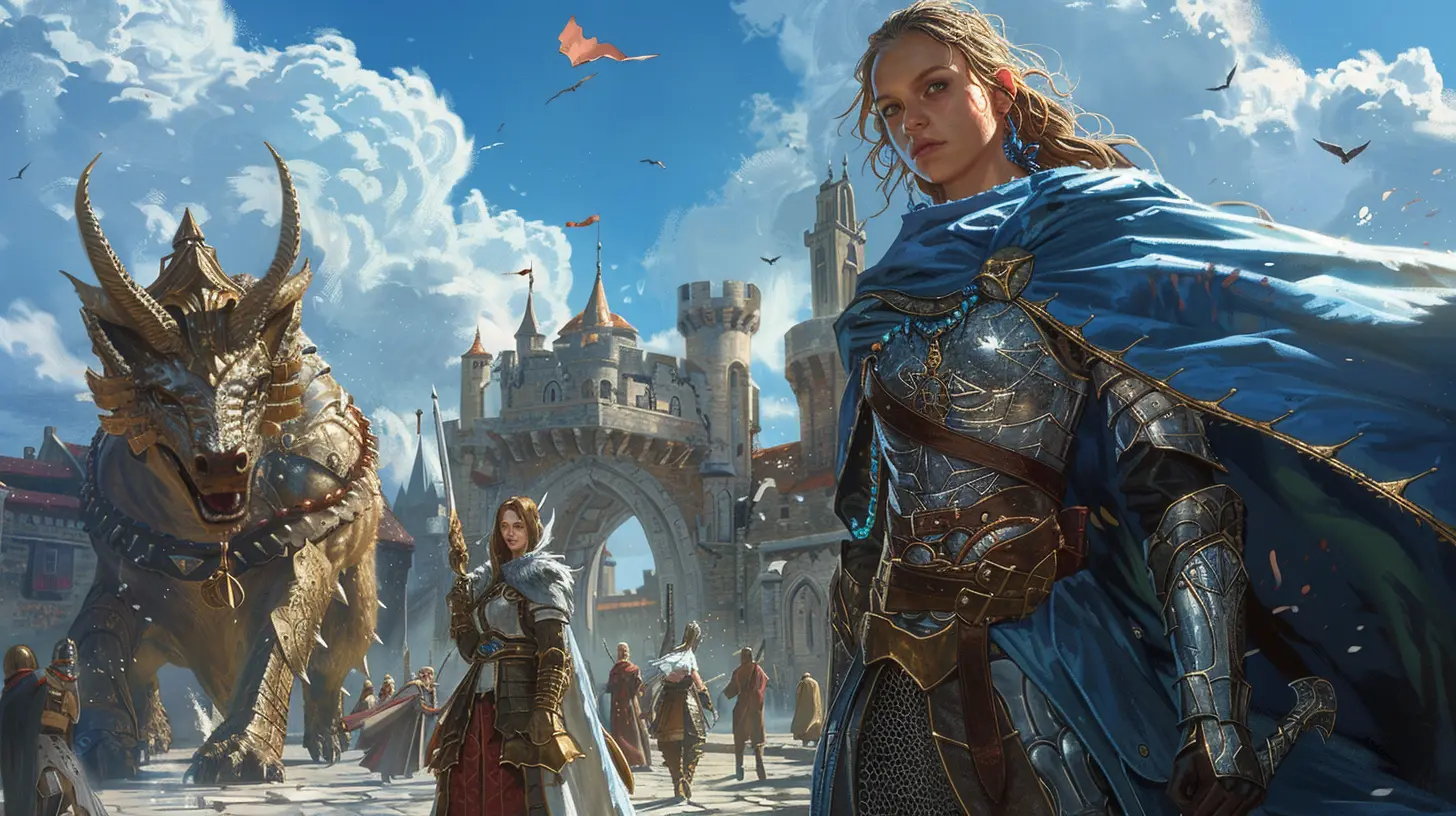
Redefining Strength Beyond Physical Power
Fantasy games also expand the idea of what it means to be strong. In many of these games, physical strength is just one piece of the puzzle. Emotional resilience, intelligence, and adaptability often take center stage. Let’s talk about Aloy from Horizon Zero Dawn. Sure, she’s a badass with a bow, but her real strength comes from her perseverance and ability to outthink her enemies. She emphasizes that being a hero isn’t just about brute force—it’s about using your head and heart.In multiplayer games like World of Warcraft, you’ll also notice how teamwork becomes the ultimate superpower. No matter how strong your character is, you’re not soloing a raid boss without a good team. It’s a reminder that even heroes need allies—and that’s a lesson worth carrying into real life.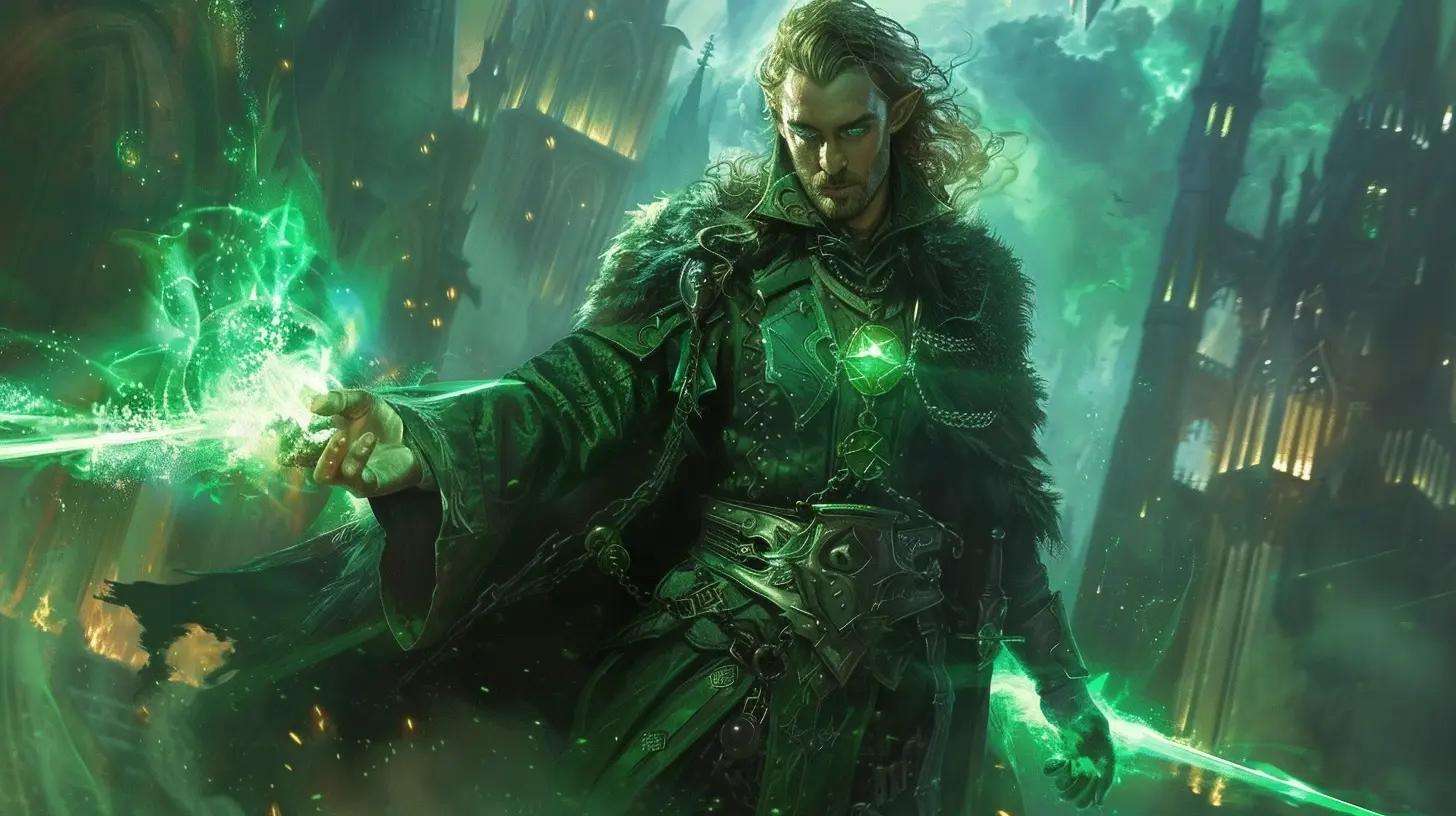
Heroes With Depth: The Rise of Emotional Storytelling
Let’s not forget the storytelling in these games. It hits on a whole different level. Developers have gotten incredibly good at weaving emotional depth into their characters. You’re no longer just a faceless protagonist swinging a sword; you’re a fully fleshed-out individual with a backstory, emotions, and relationships.Consider the Final Fantasy series, which has been tugging at our heartstrings for decades. Characters like Cloud Strife and Tidus aren’t just heroes—they’re people dealing with loss, trauma, and identity crises. These layers of complexity make them feel real, and in turn, they make us question what it truly means to be heroic.
Breaking Stereotypes: Heroes Come in All Shapes and Sizes
Another way fantasy games are changing the hero narrative? Diversity. And it’s about time, right? These games are moving away from the cookie-cutter mold of the square-jawed, male warrior. Female heroes like Ellie from The Last of Us or Bayek from Assassin’s Creed: Origins show us that anyone can be a hero, regardless of gender, race, or background.Even non-human characters are getting their time to shine. Think about Tali’Zorah from Mass Effect or Ratchet from Ratchet & Clank. These characters prove that heroism transcends species. Honestly, when was the last time a space-faring Quarian or an anthropomorphic Lombax inspired you to be better? Fantasy games are broadening our perspectives and teaching us that heroism can come from the most unexpected places.
The Anti-Hero Revolution
We need to talk about anti-heroes because fantasy games have made them cool—way cooler than they should be, honestly. These are characters who don’t fit the traditional “hero” mold, and yet, we root for them anyway. Kratos from God of War is a prime example. The guy’s got more baggage than an airport terminal, yet his journey of redemption is what makes him so compelling.Anti-heroes challenge our moral compass. They show us that even deeply flawed individuals can rise to the occasion when it counts. It’s a reminder that heroism isn’t about where you start; it’s about where you’re headed.
Blurring the Line Between Heroes and Villains
Fantasy games also do an excellent job of blurring the line between heroes and villains. How many times have you played a game where the "bad guy" has a point? Let’s take The Elder Scrolls V: Skyrim. Depending on your perspective, some factions—like the Stormcloaks and the Imperials—can both be seen as heroes or villains. It all depends on how you view their motives.This kind of moral ambiguity forces players to ask tough questions. Is it possible to be a hero in someone else's story while being the villain in your own? It’s a head-scratcher, but one worth pondering.
The Player as the Hero: A Unique Perspective
Finally, fantasy games let you be the hero. Sure, books and movies can immerse you in a hero’s journey, but games take it to the next level. When you’re the one making choices, solving puzzles, and facing down enemies, the story feels personal. That sense of agency transforms how we think about heroism—it’s no longer something we observe; it’s something we experience firsthand.And let’s be real, who doesn’t love the thrill of standing victorious after defeating a final boss? It’s like your brain gets a little dopamine trophy that screams, “You did it!” That feeling of accomplishment stays with you long after you’ve put the controller down.
Wrapping It Up
Fantasy games have completely revolutionized the way we think about heroes. They’ve shown us that heroism isn’t about perfection; it’s about perseverance, moral choices, and being human—or sometimes, not-so-human. Whether it’s through complex storytelling, diverse characters, or player-driven narratives, these games are teaching us that there’s no one-size-fits-all definition of a hero.So, the next time you boot up your favorite fantasy game, pay attention to how it challenges your ideas about what it means to be a hero. Who knows? It might just change the way you see yourself, too.
all images in this post were generated using AI tools
Category:
Fantasy GamesAuthor:

Tina Fisher
Discussion
rate this article
2 comments
Priscilla Coffey
Absolutely loved this article! Fantasy games reshape our understanding of heroism in such a refreshing way. They show us that heroes come in all forms, and sometimes, the most unlikely characters can inspire us the most! 🌟
November 30, 2025 at 3:51 AM

Tina Fisher
Thank you so much for your kind words! I'm glad you enjoyed the article and appreciate the perspective on the diverse nature of heroism in fantasy games! 🌟
James Morales
Fantasy games redefine heroism, challenging traditional perceptions and values.
July 25, 2025 at 4:48 AM

Tina Fisher
Thank you for your insightful comment! Fantasy games indeed offer fresh perspectives on heroism, encouraging players to explore diverse values and redefine what it means to be a hero.
